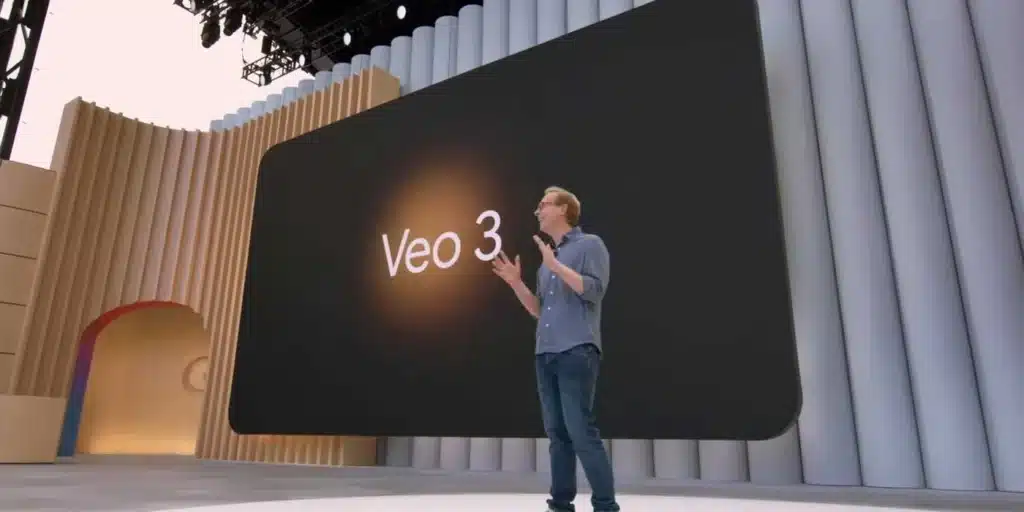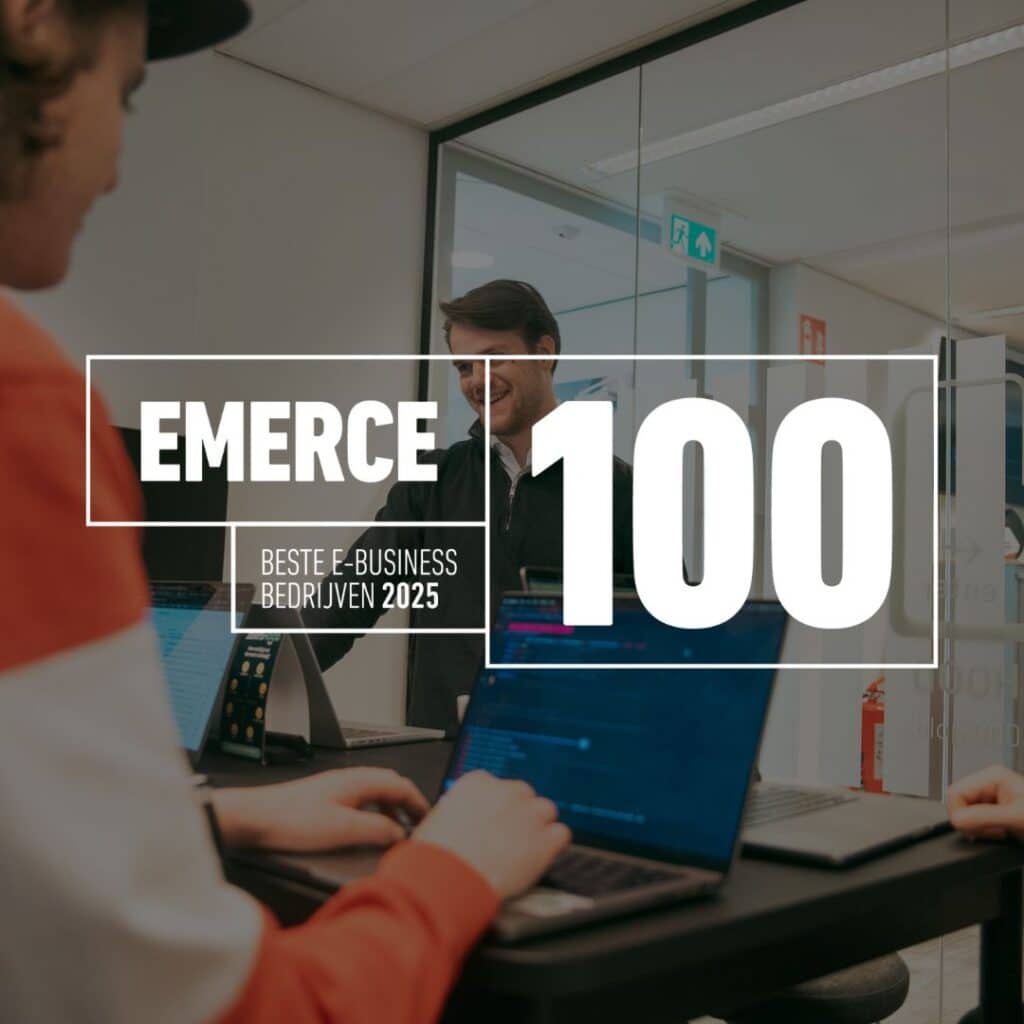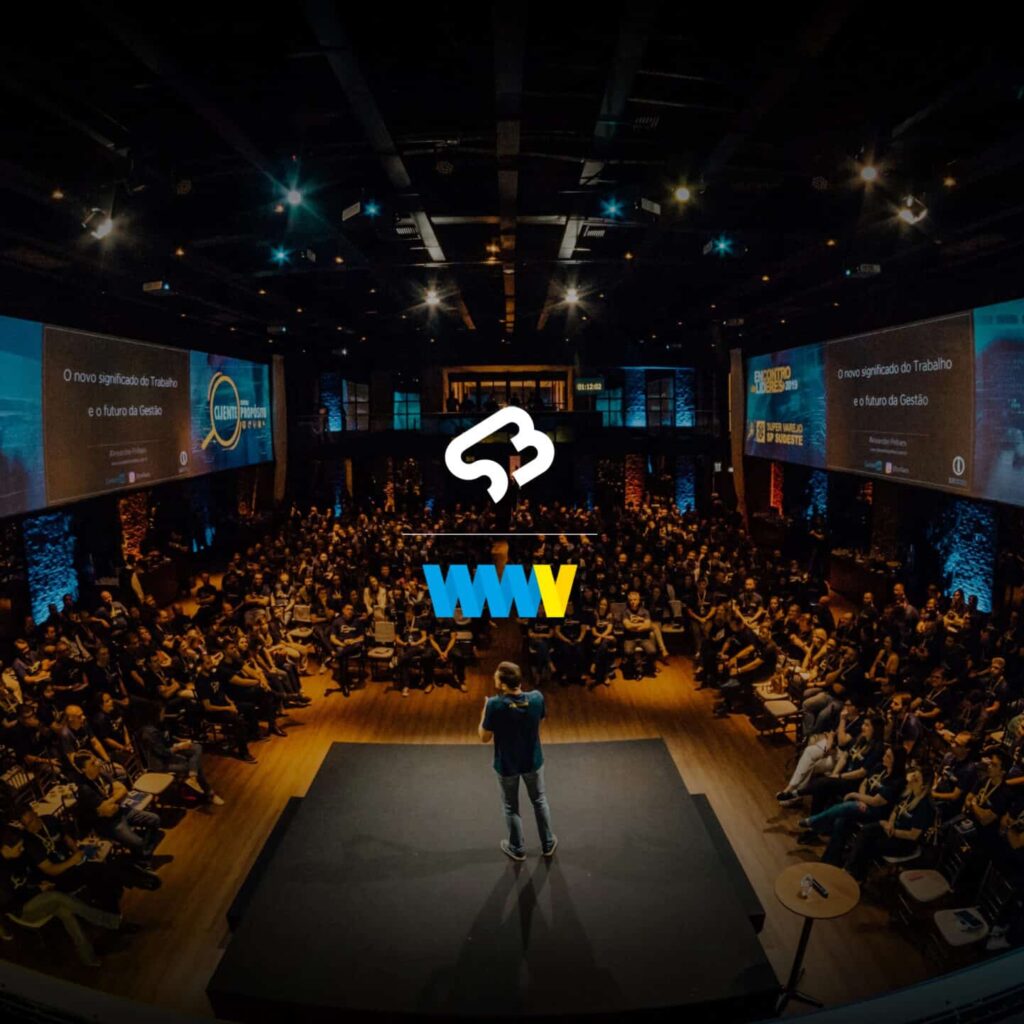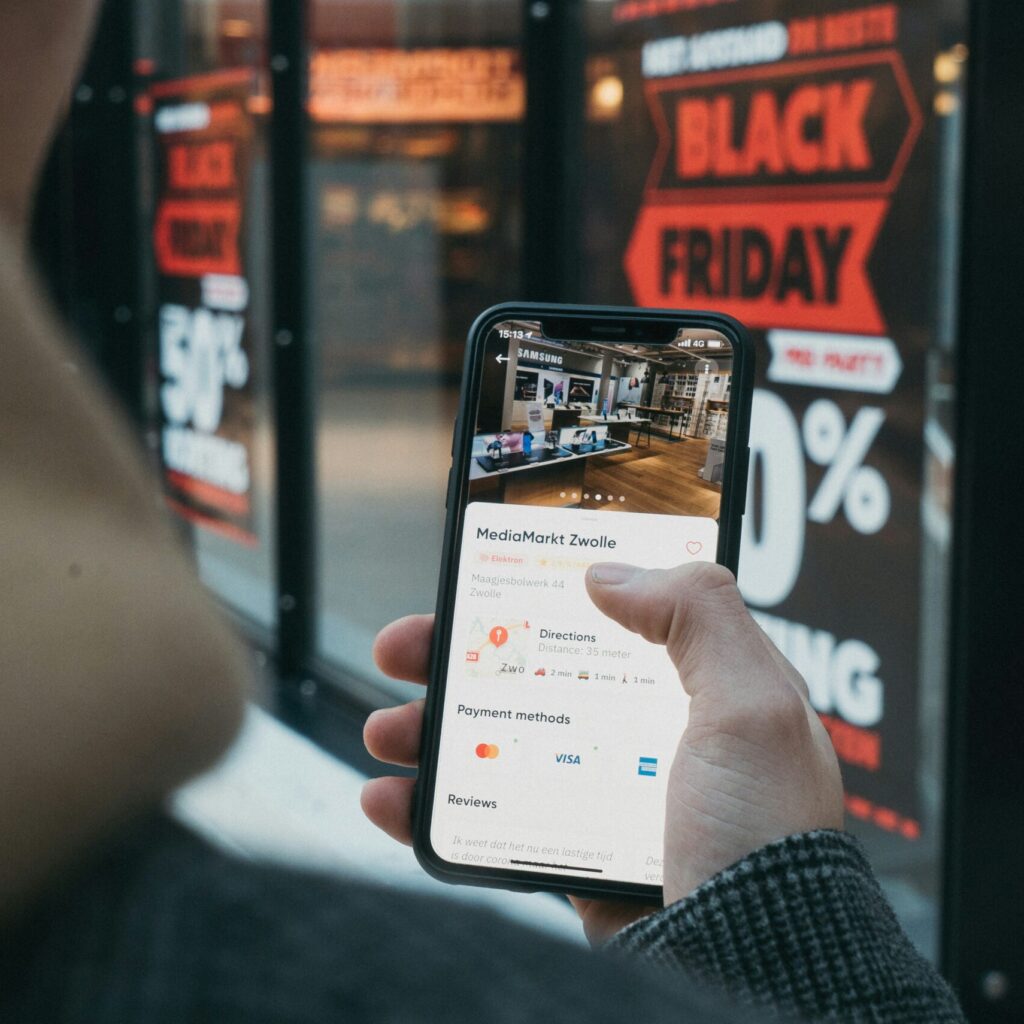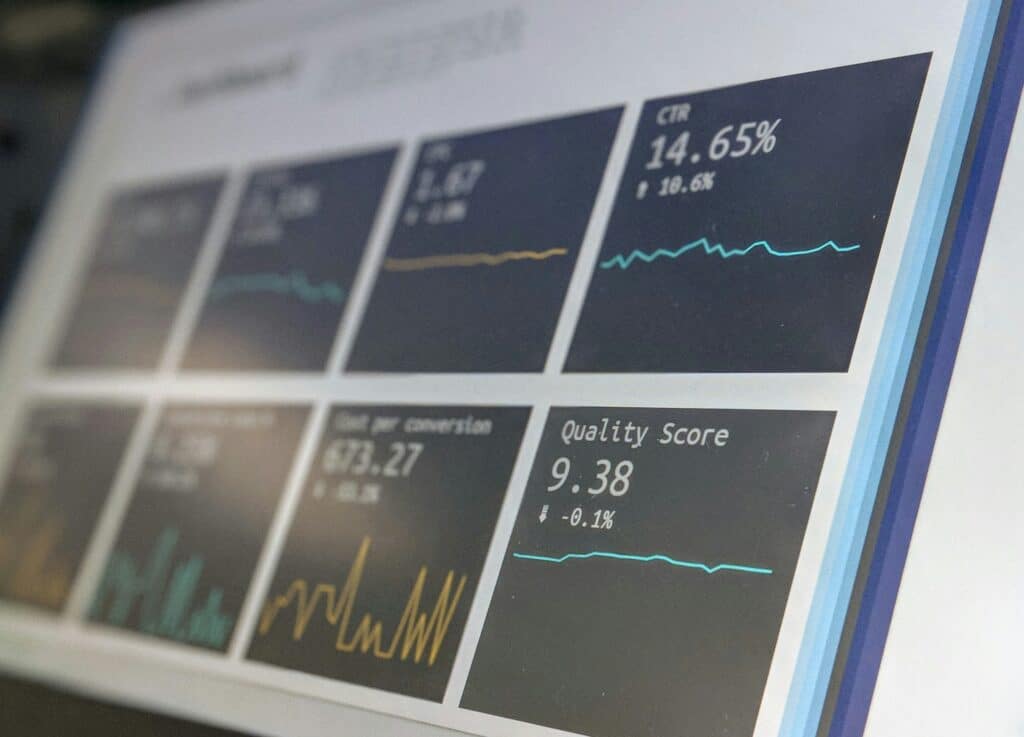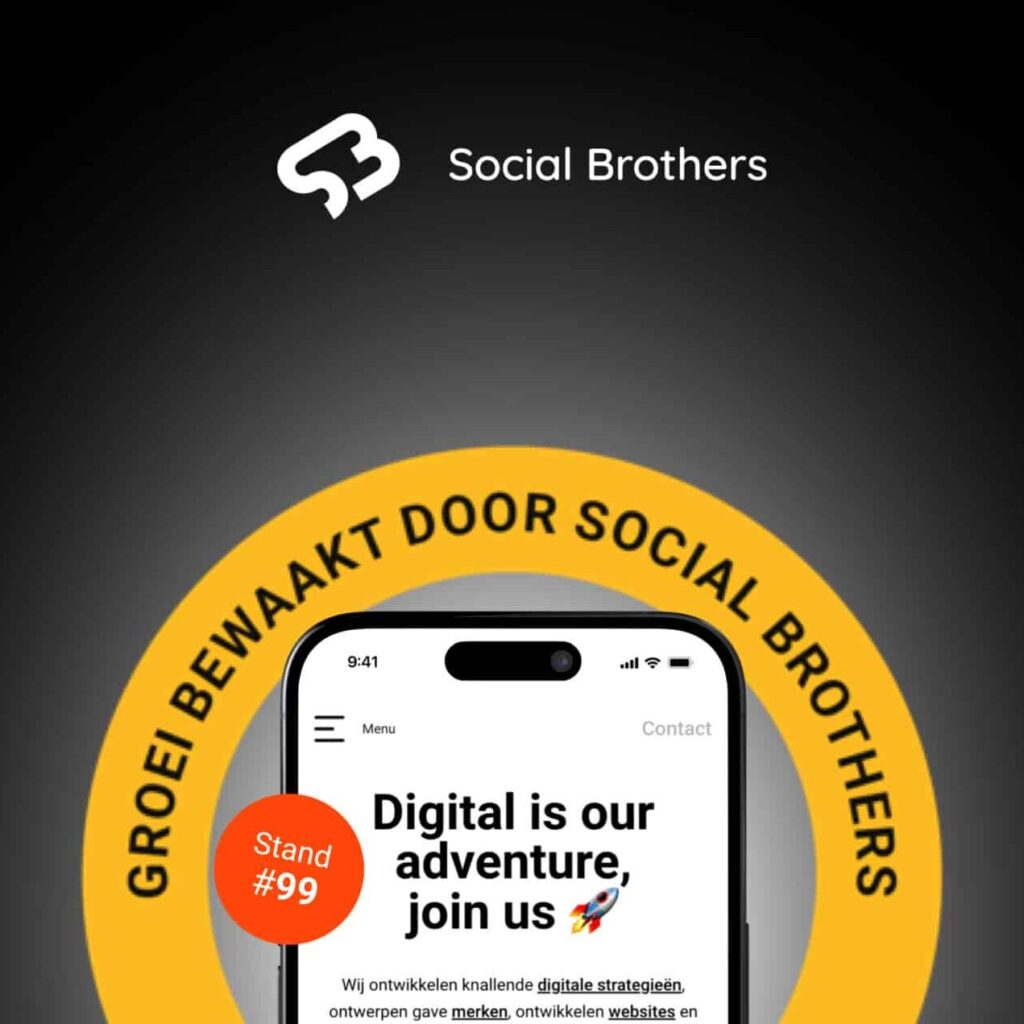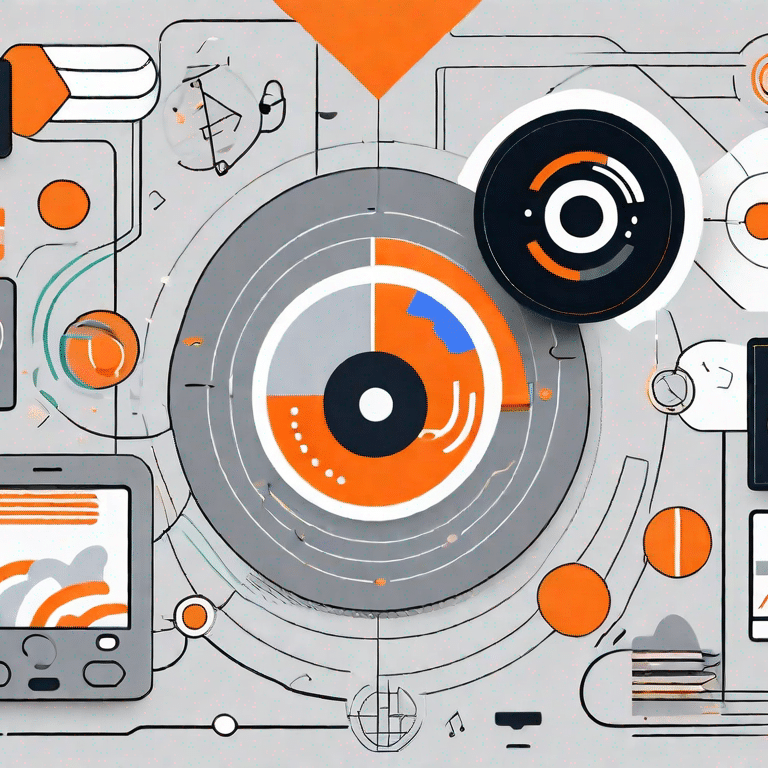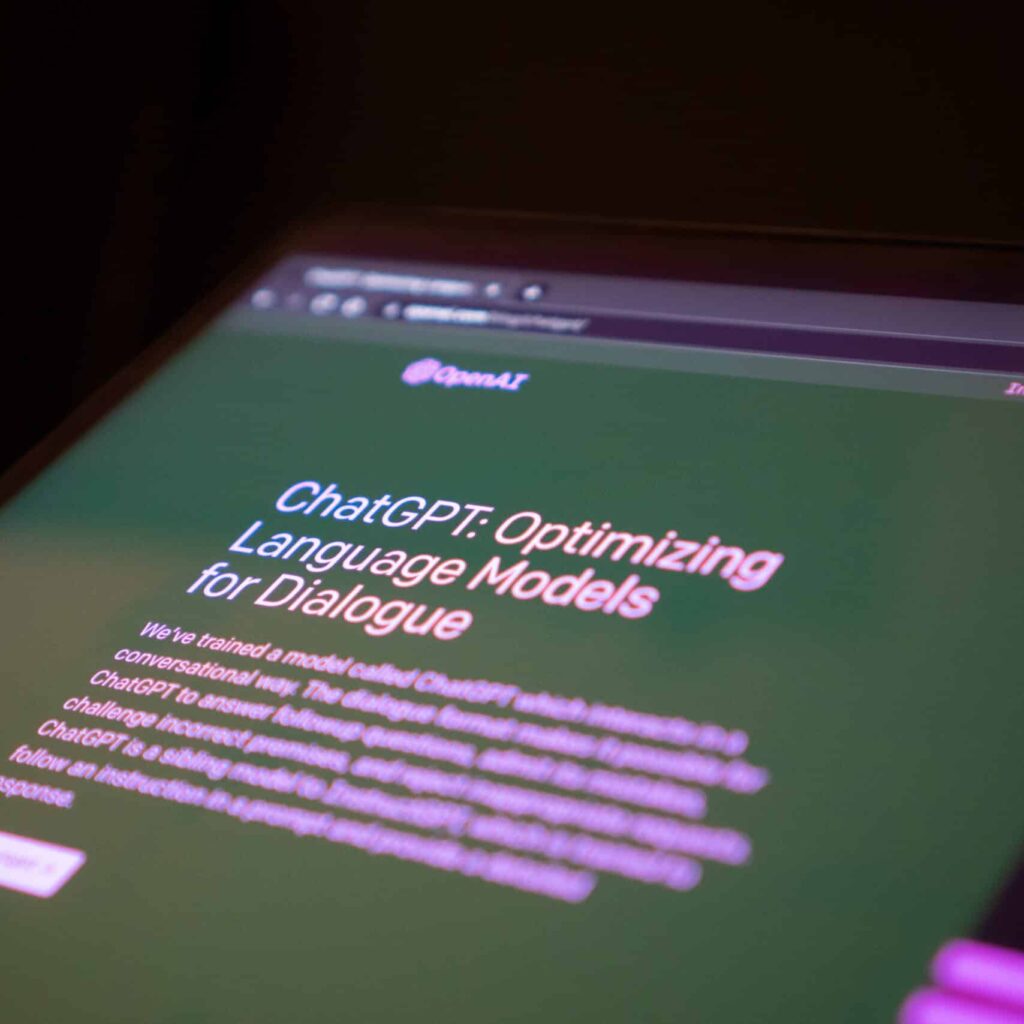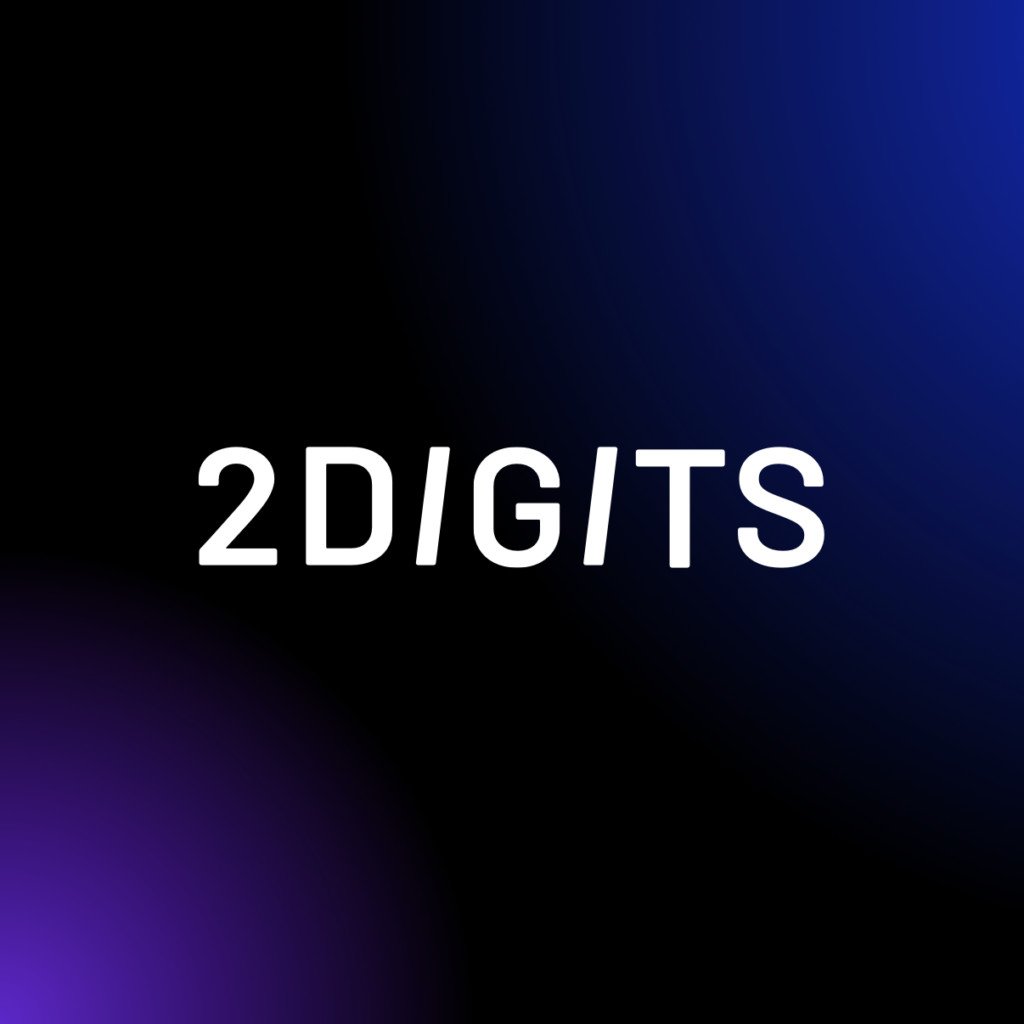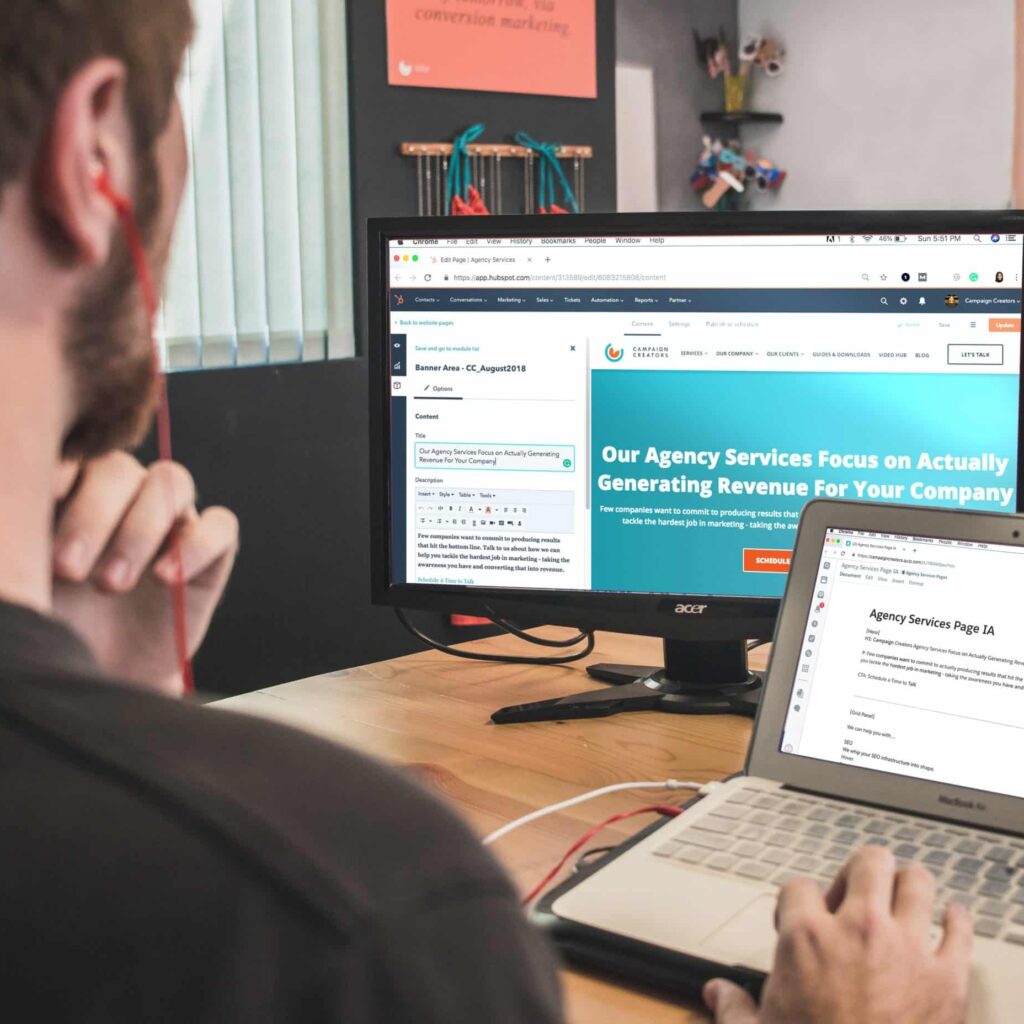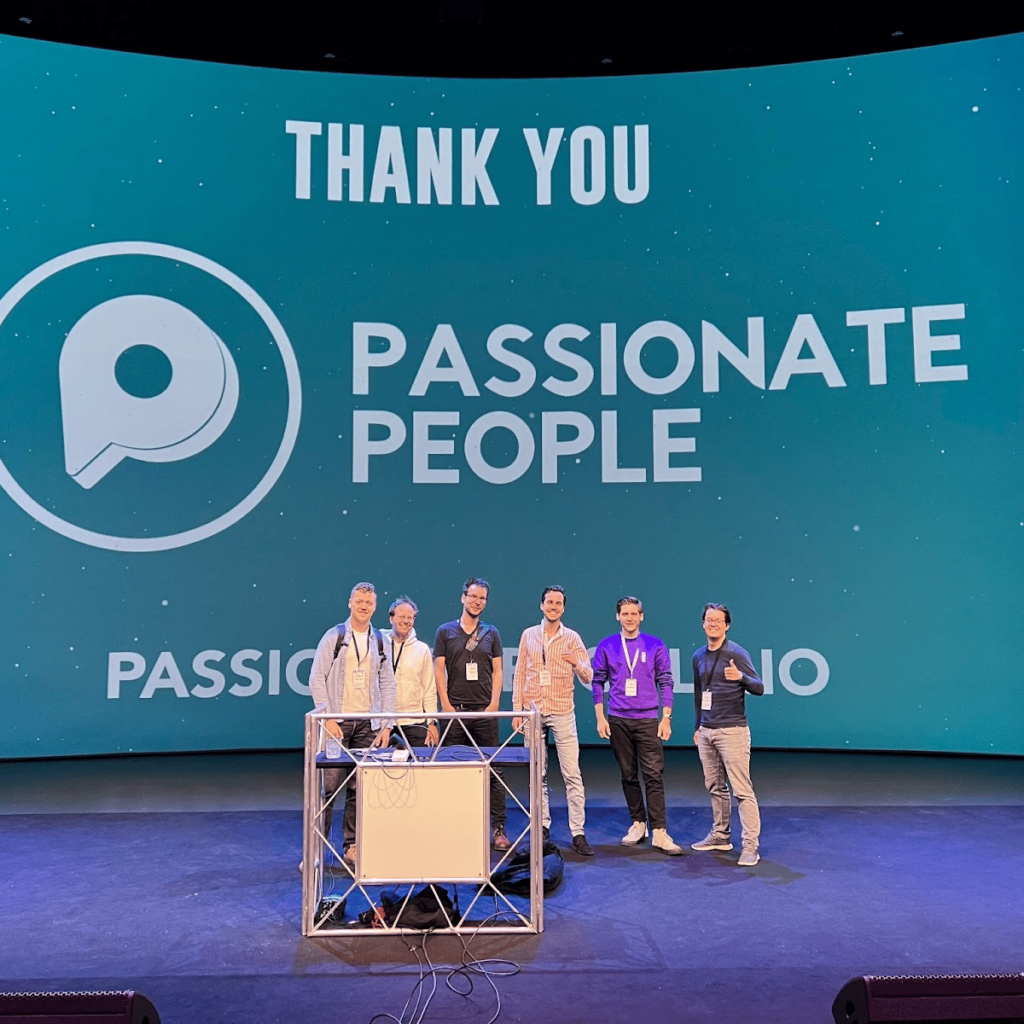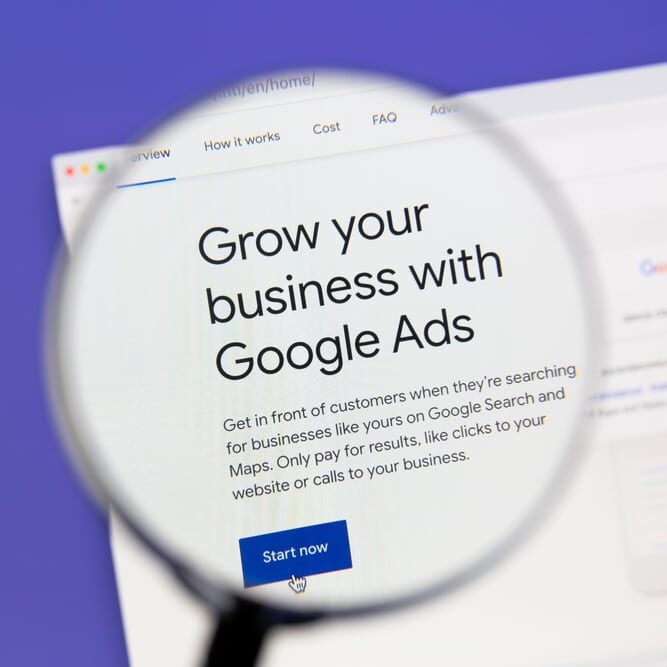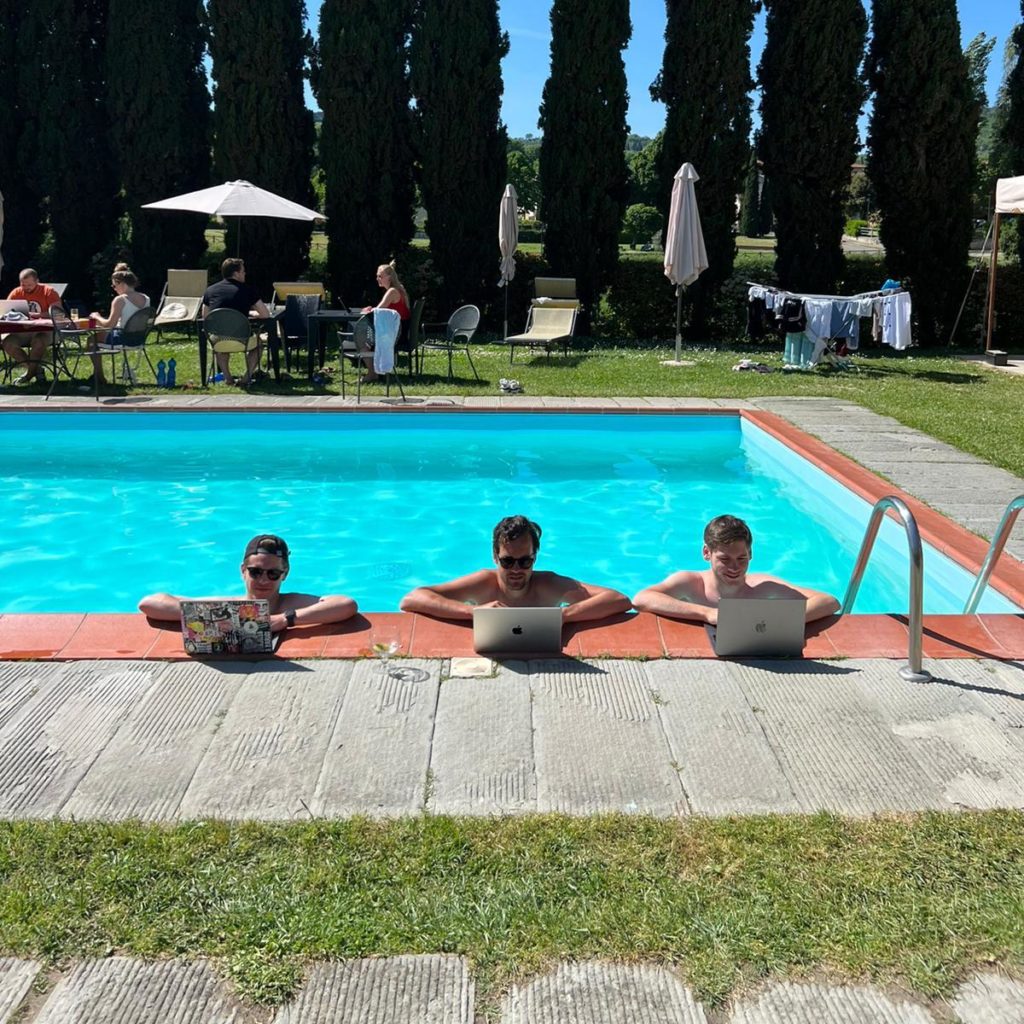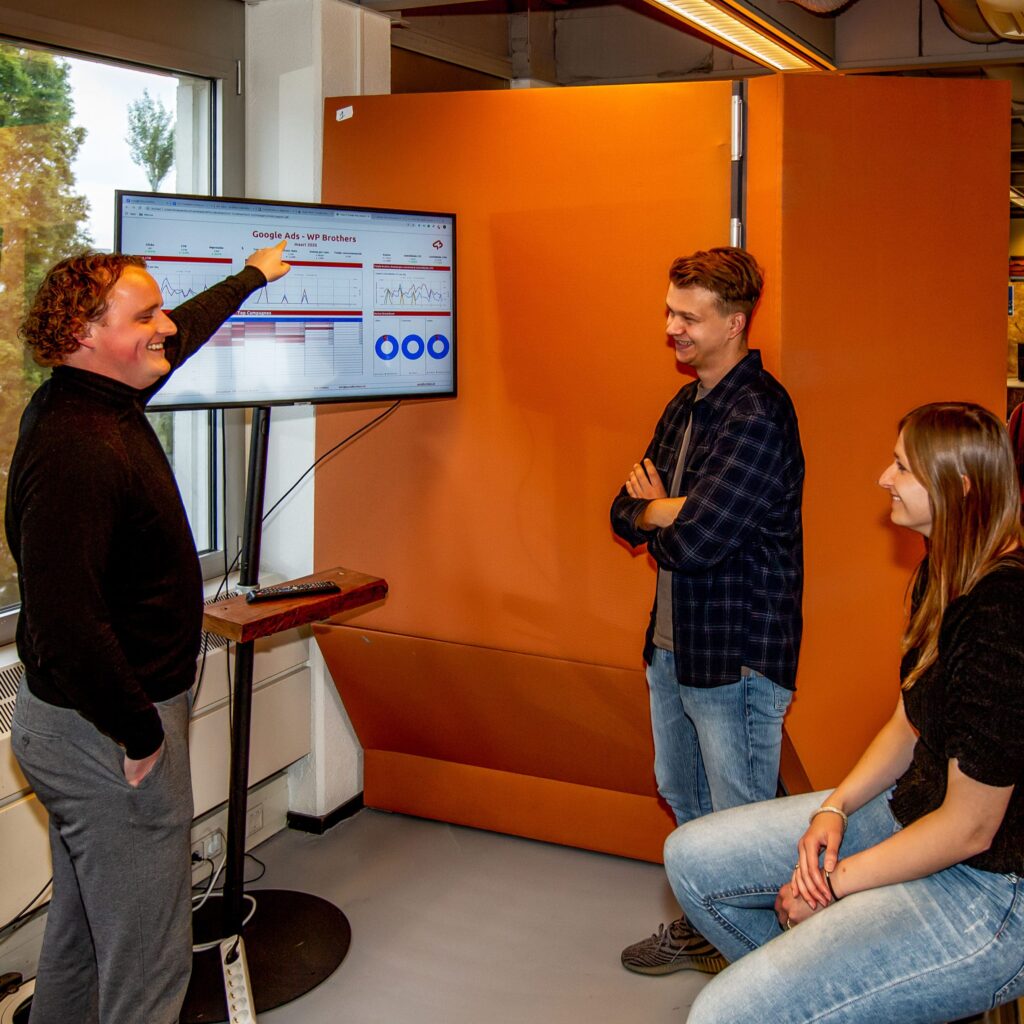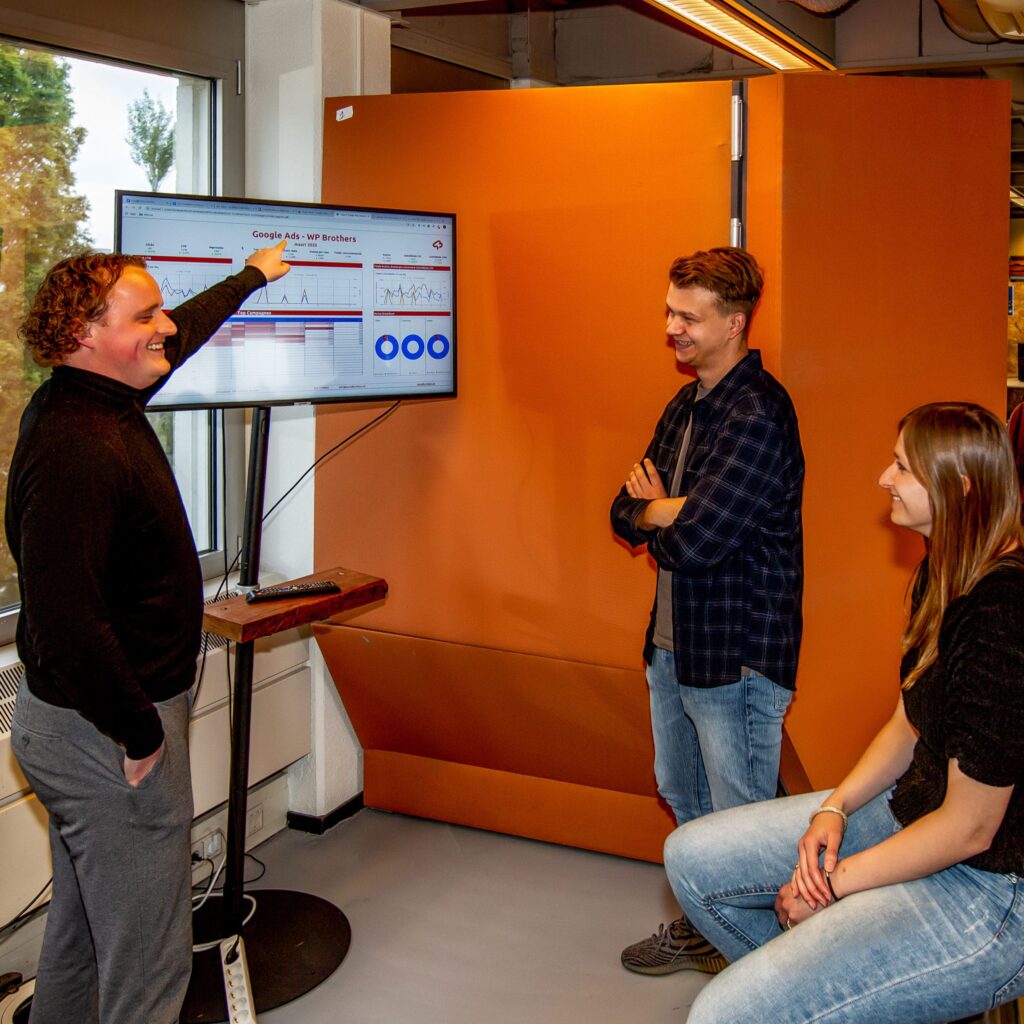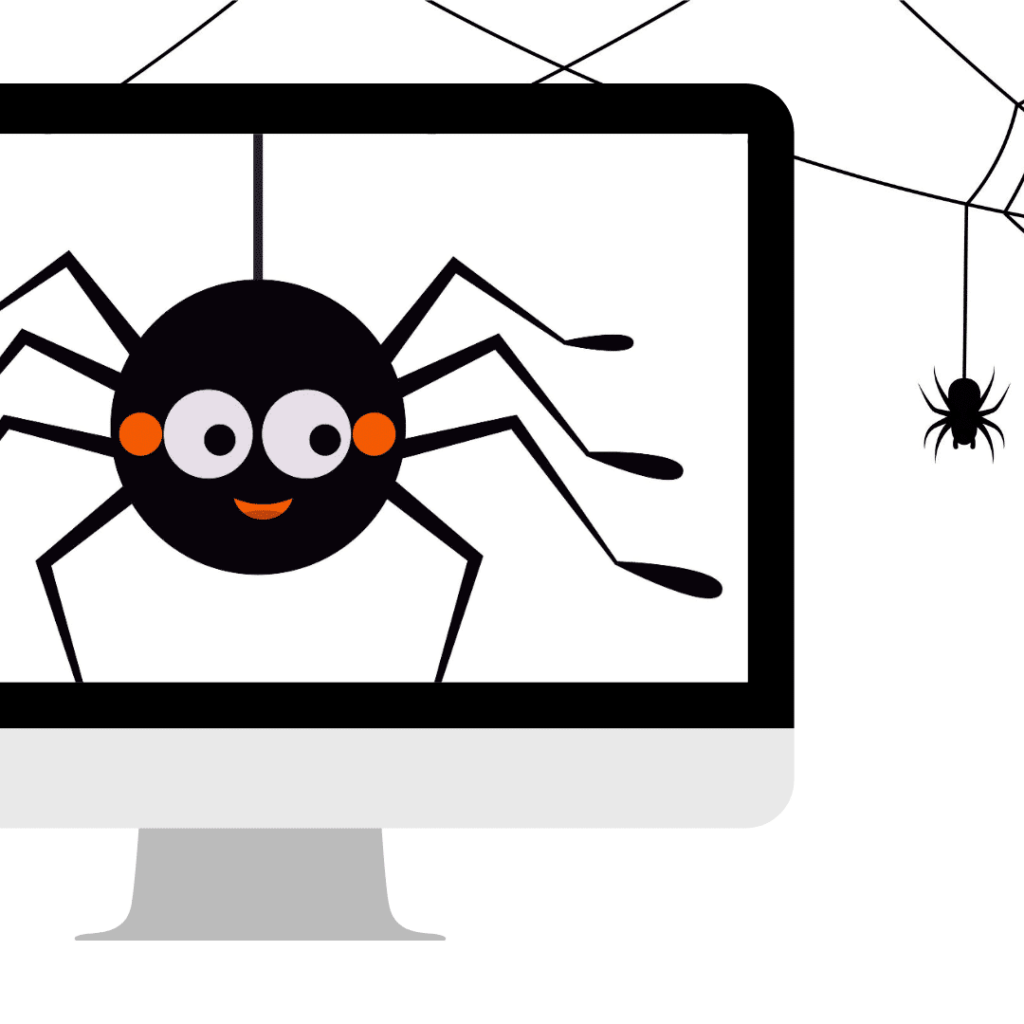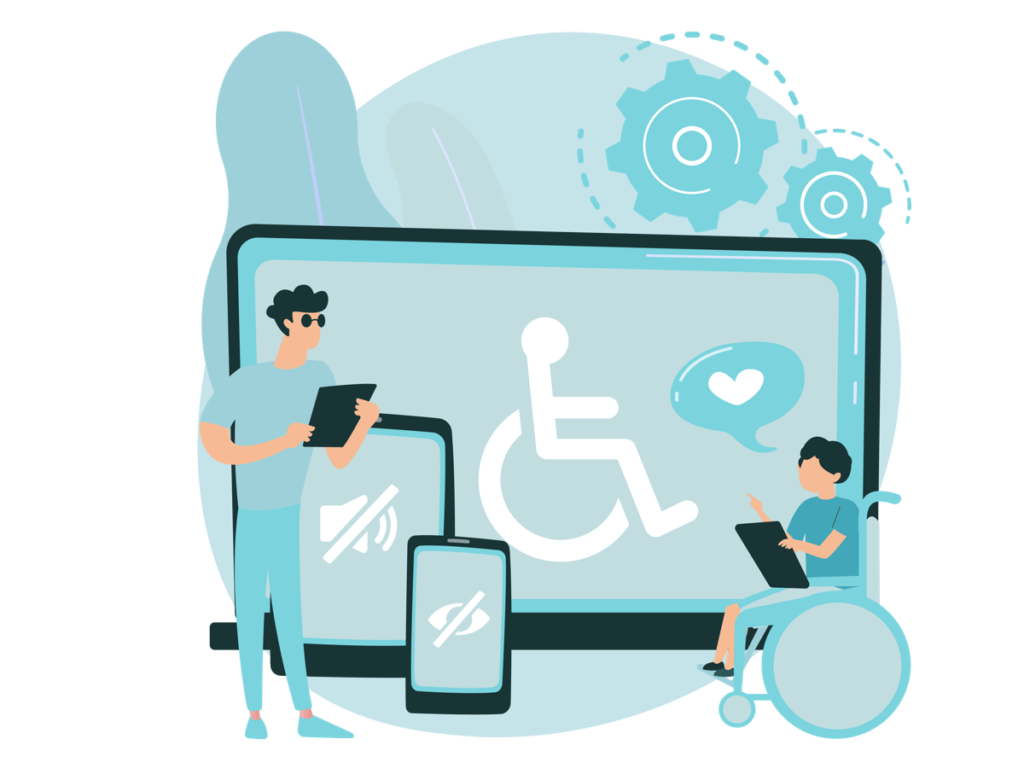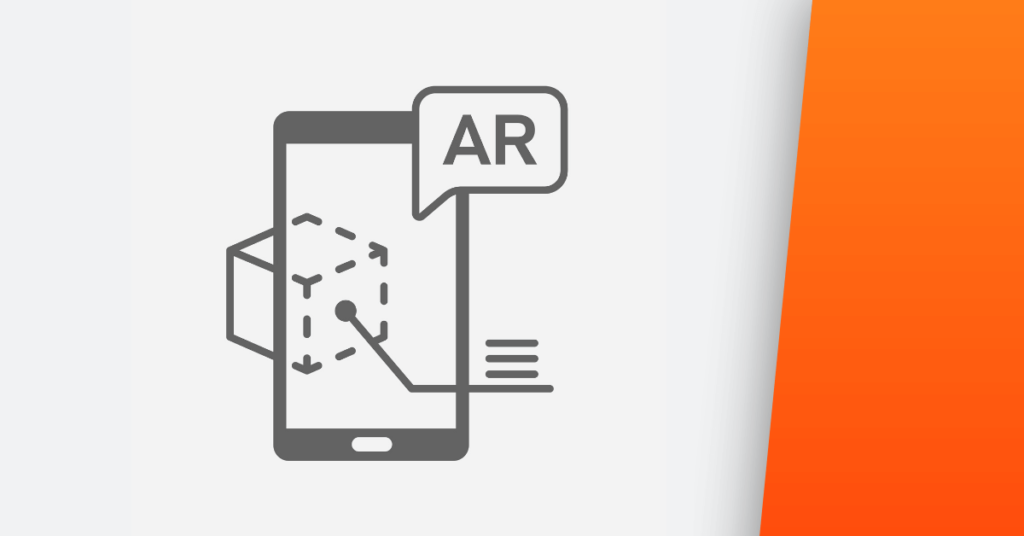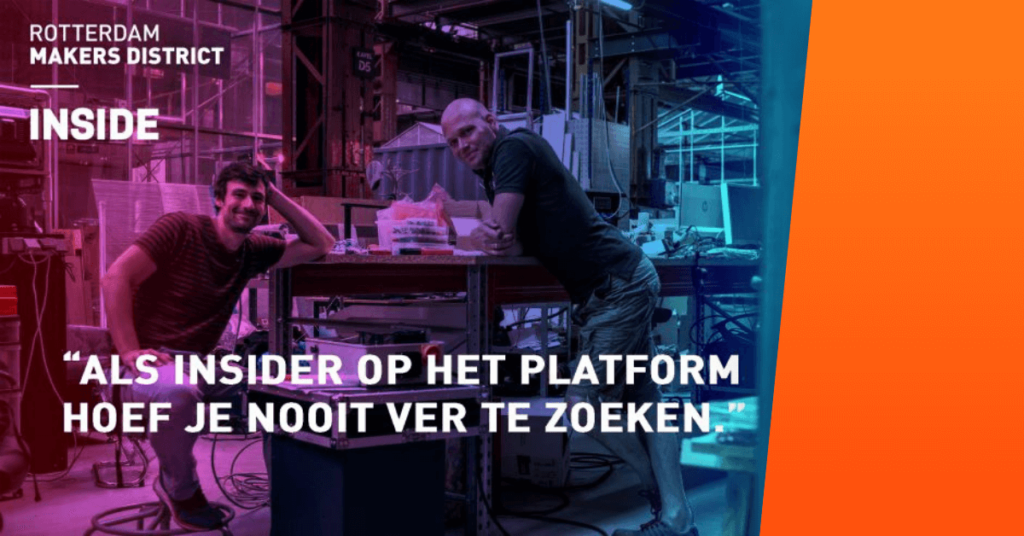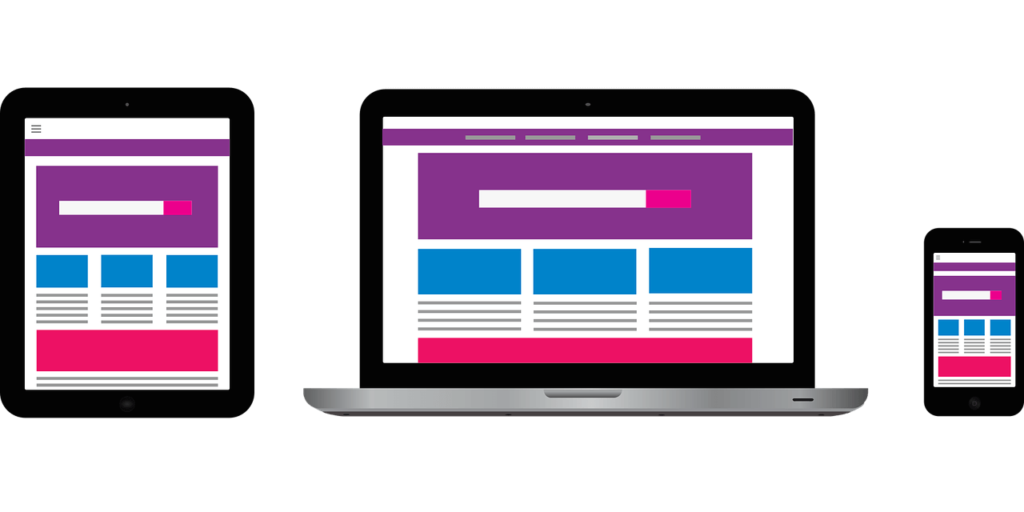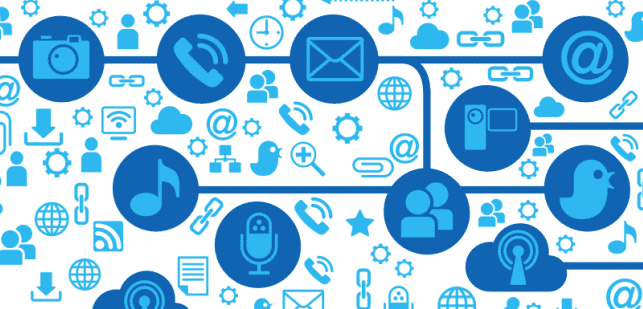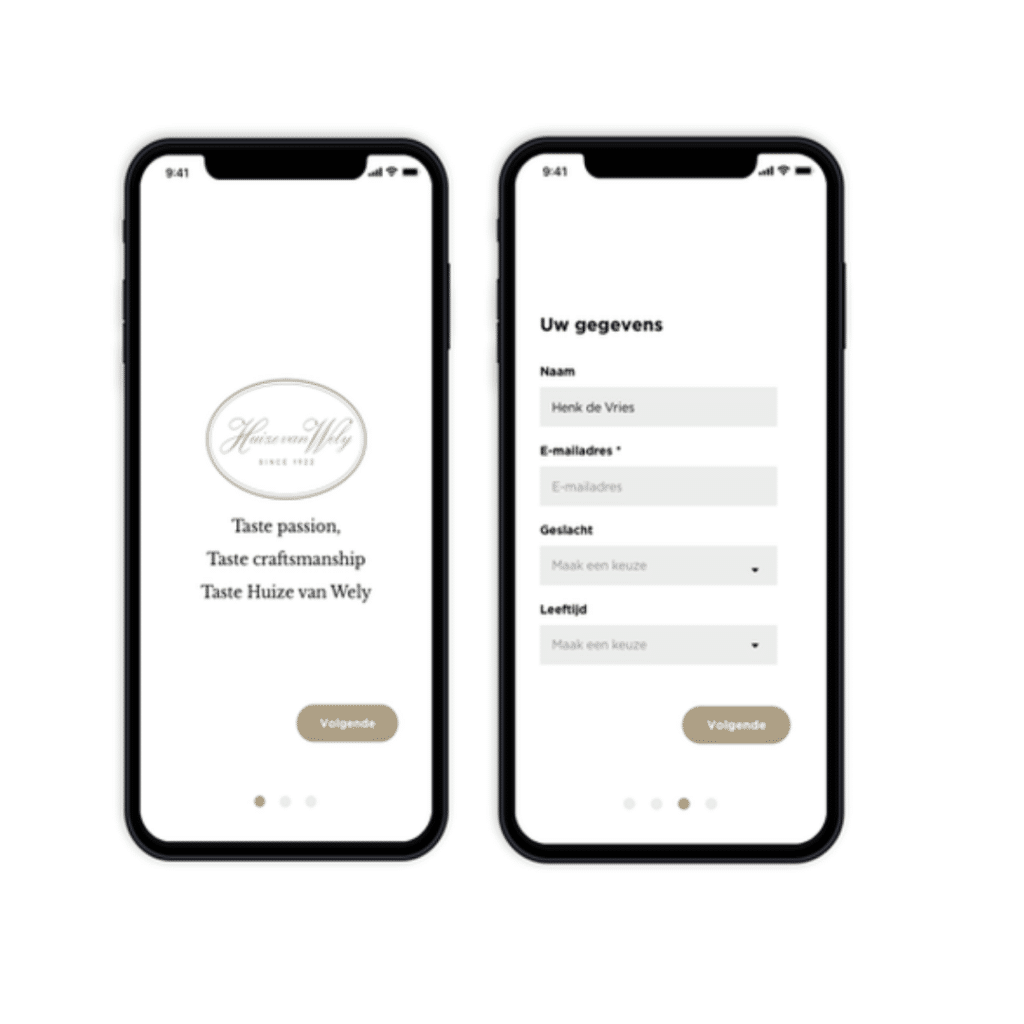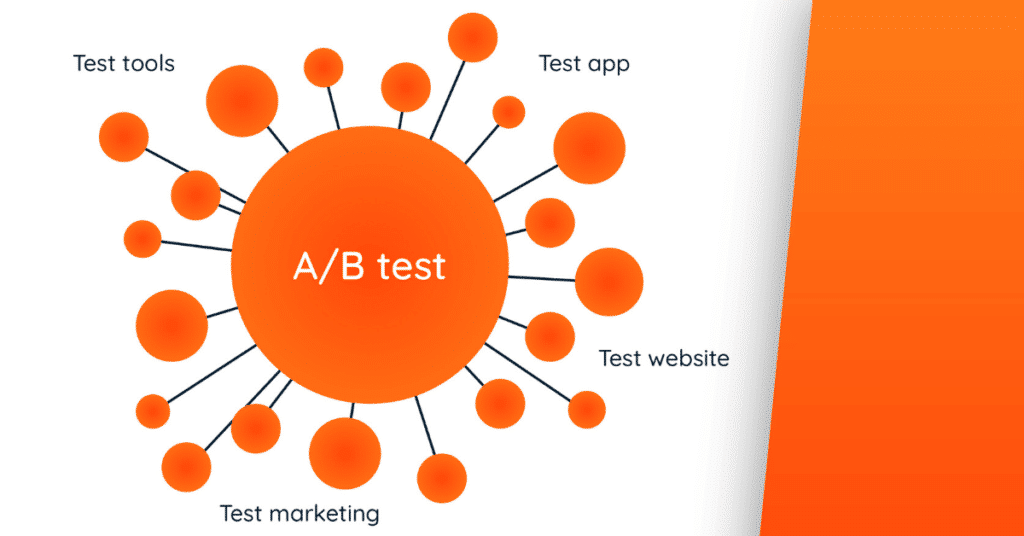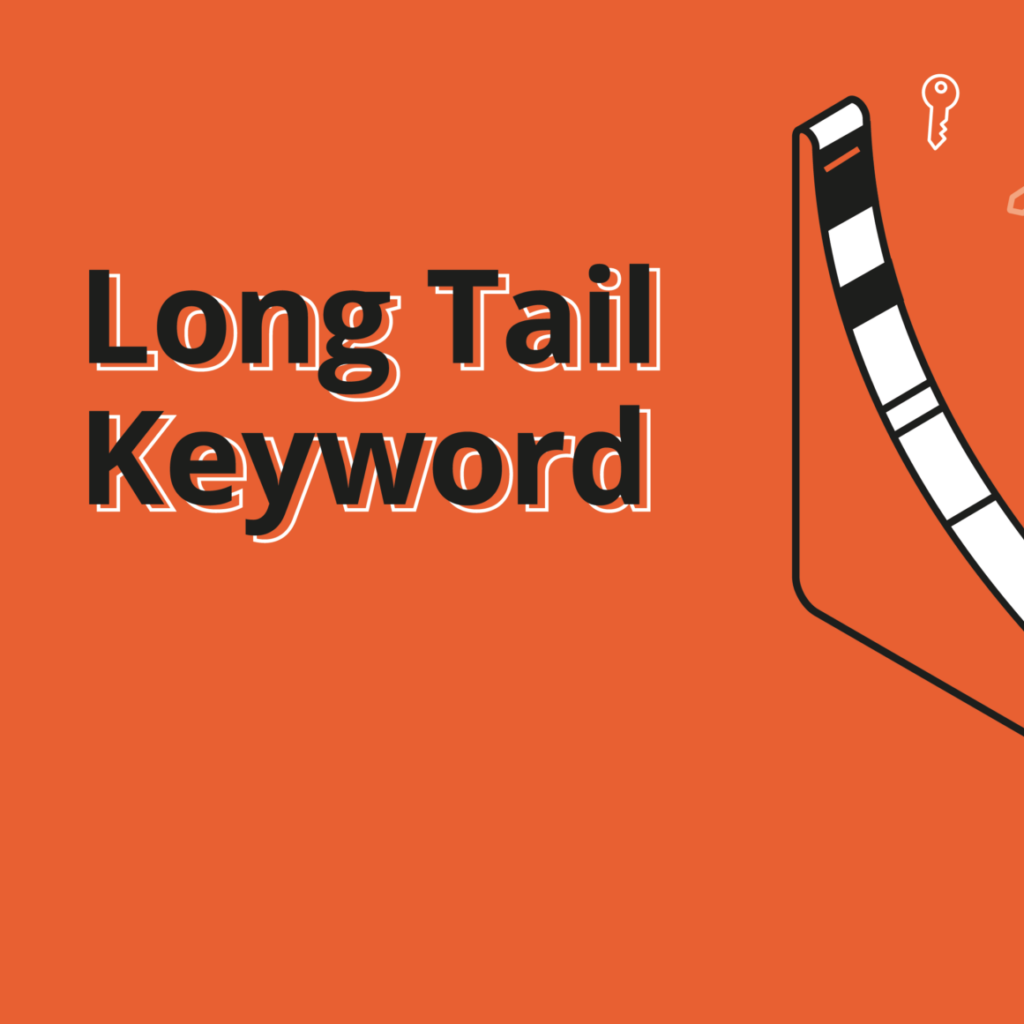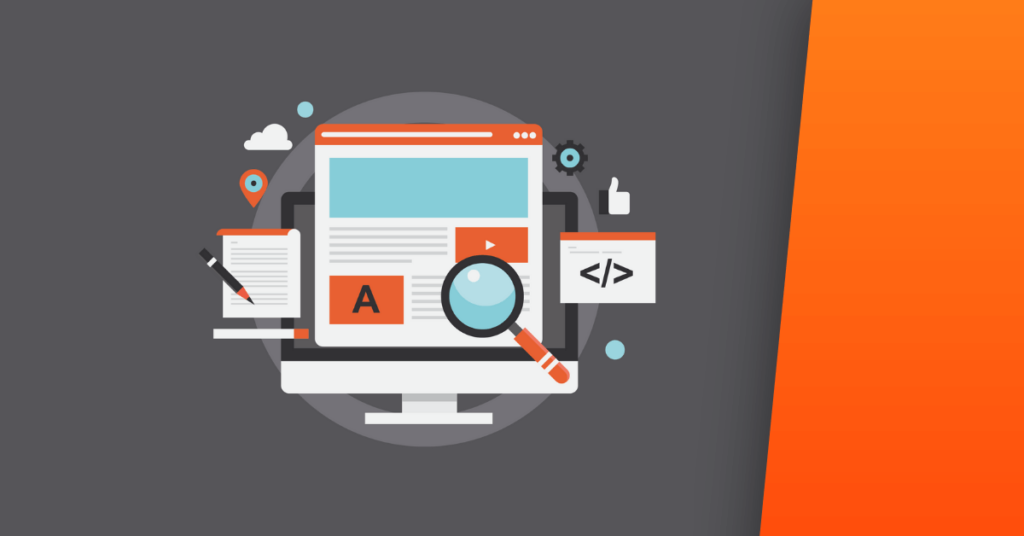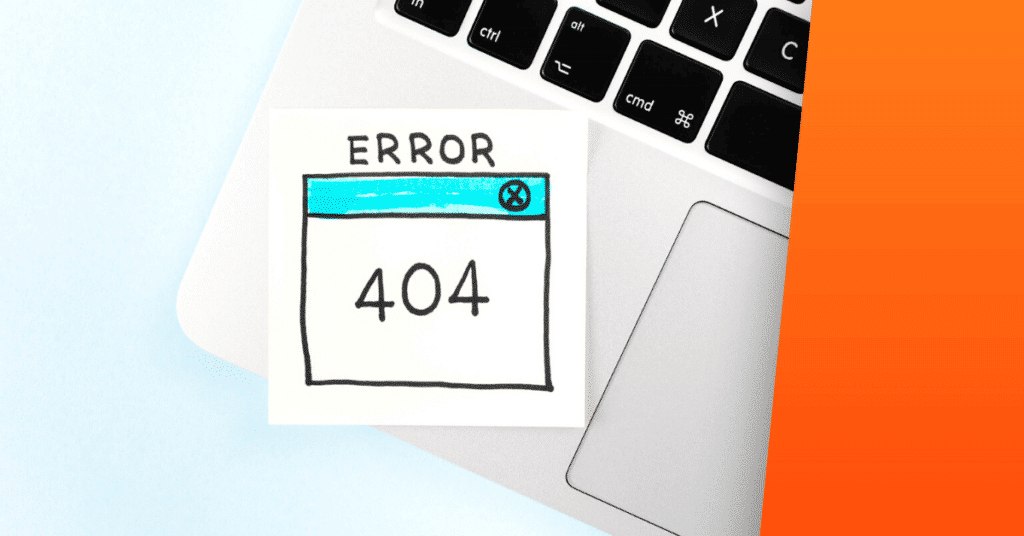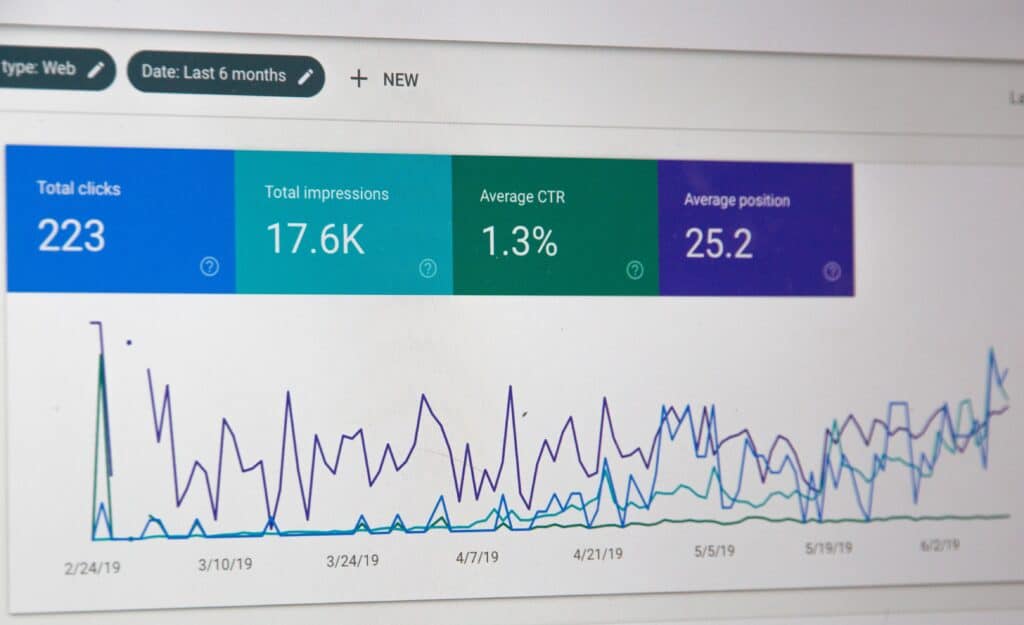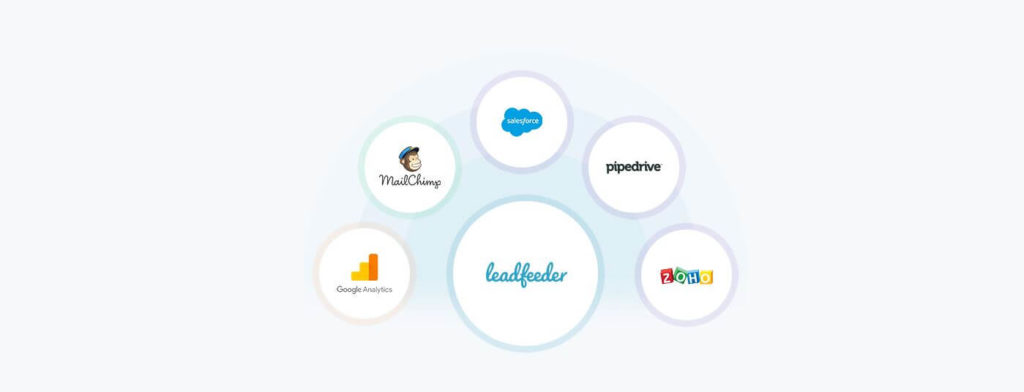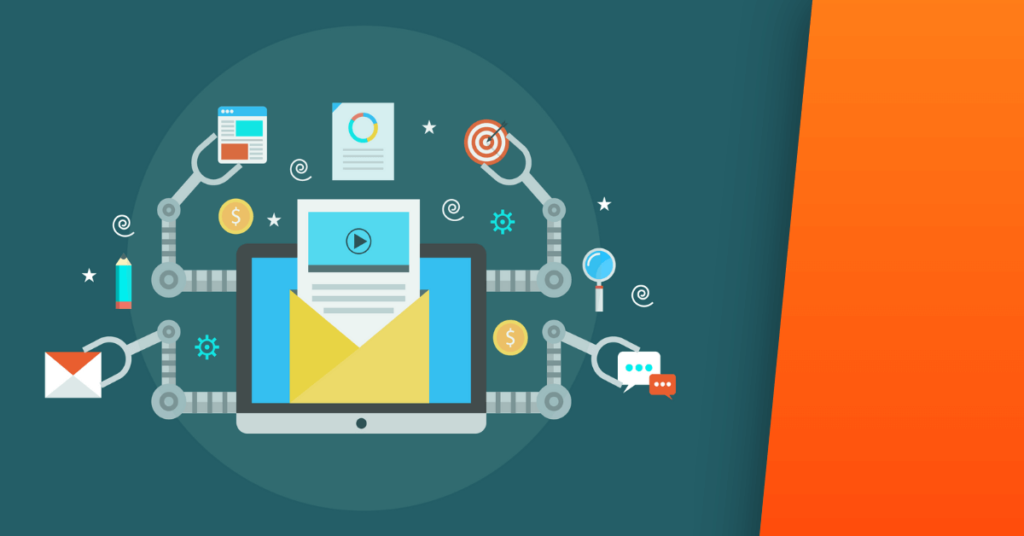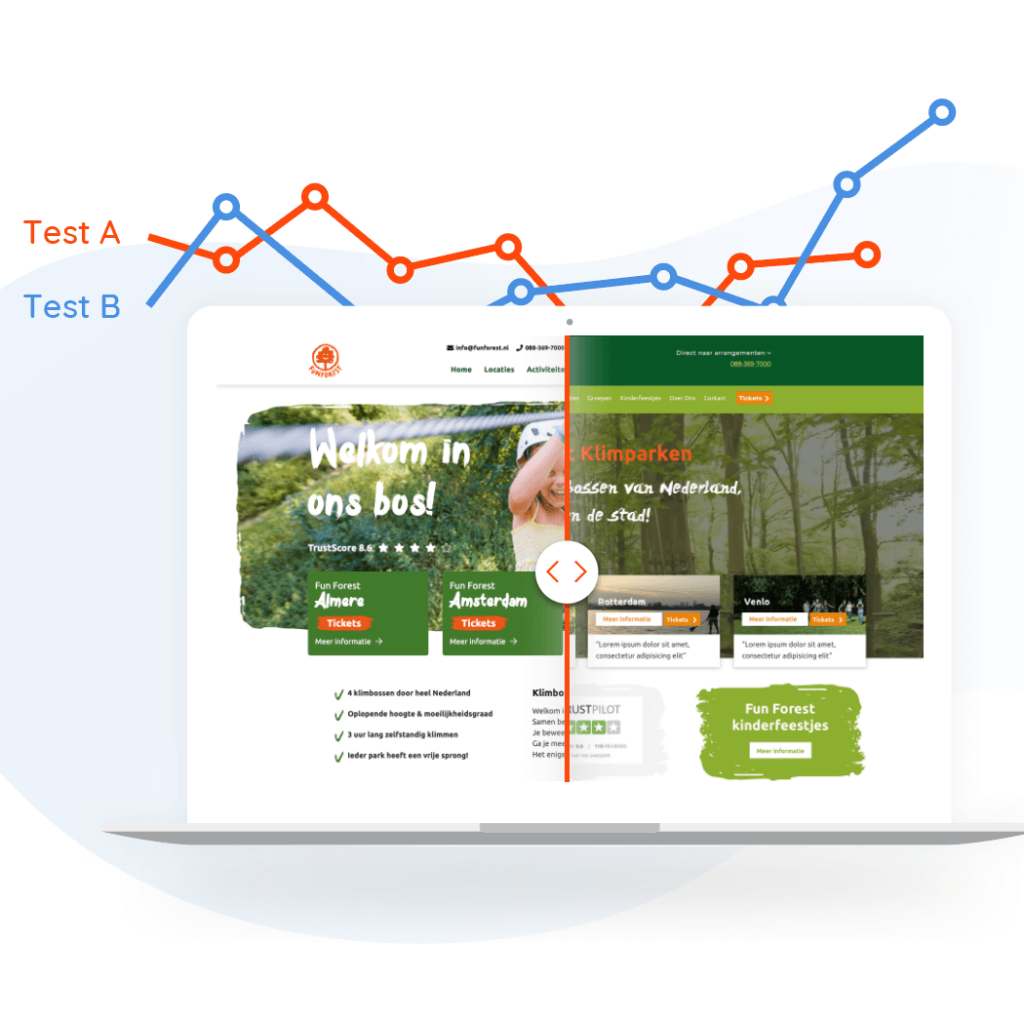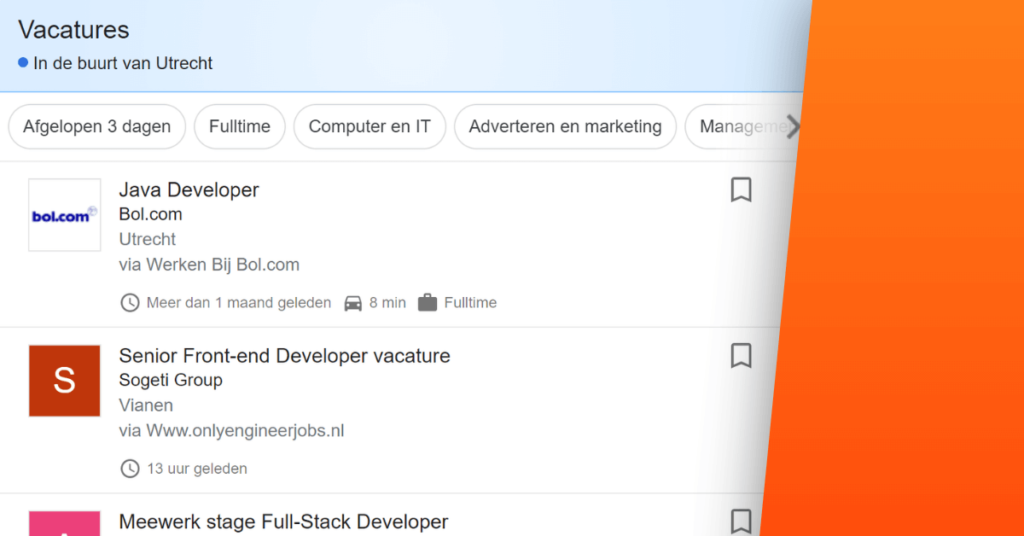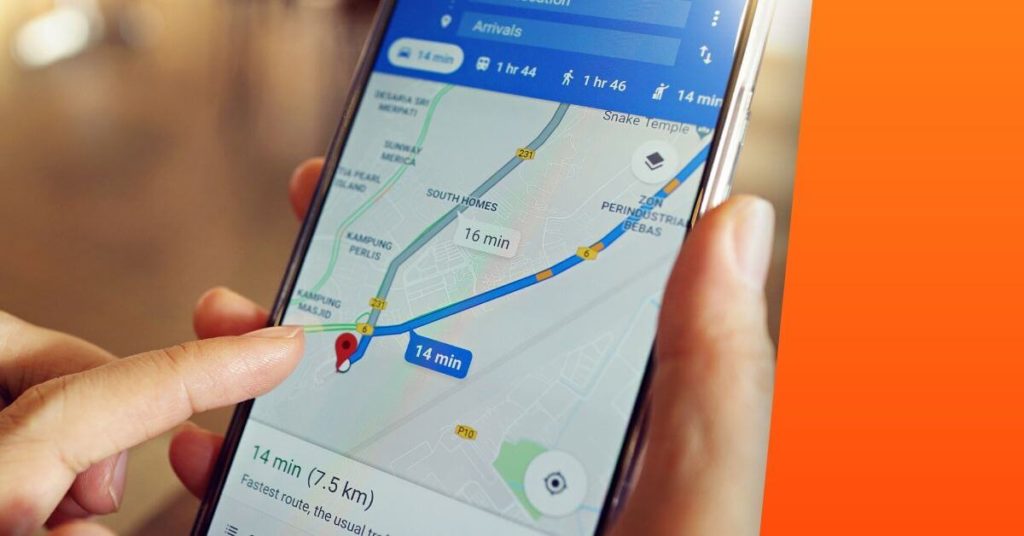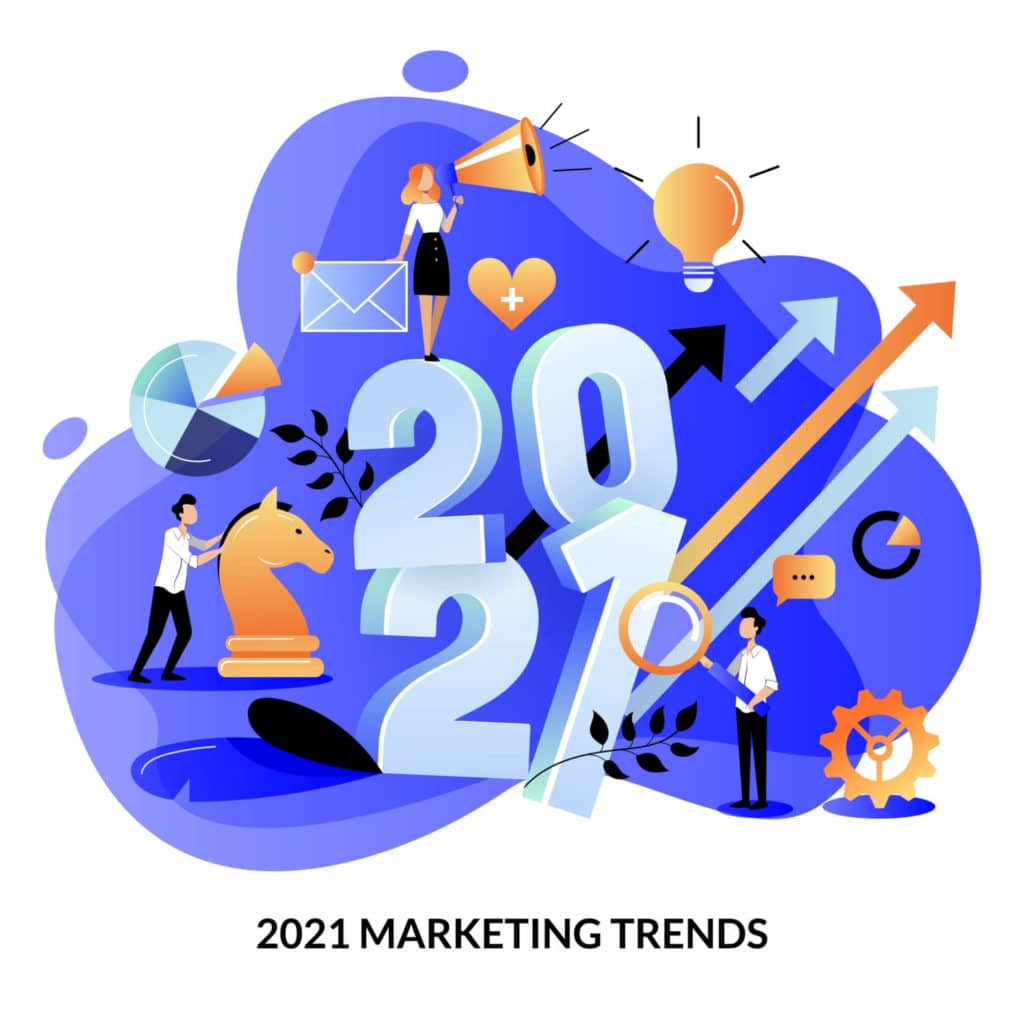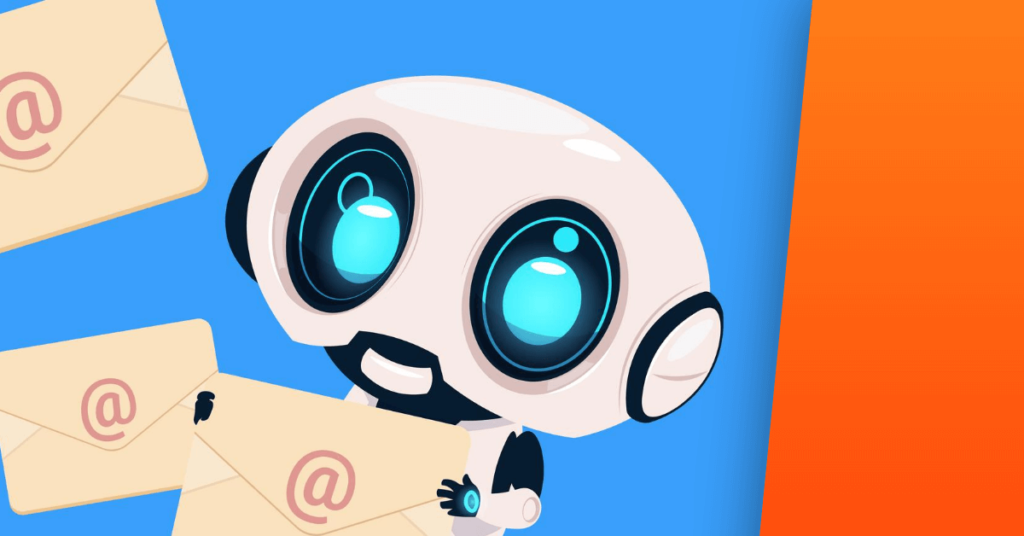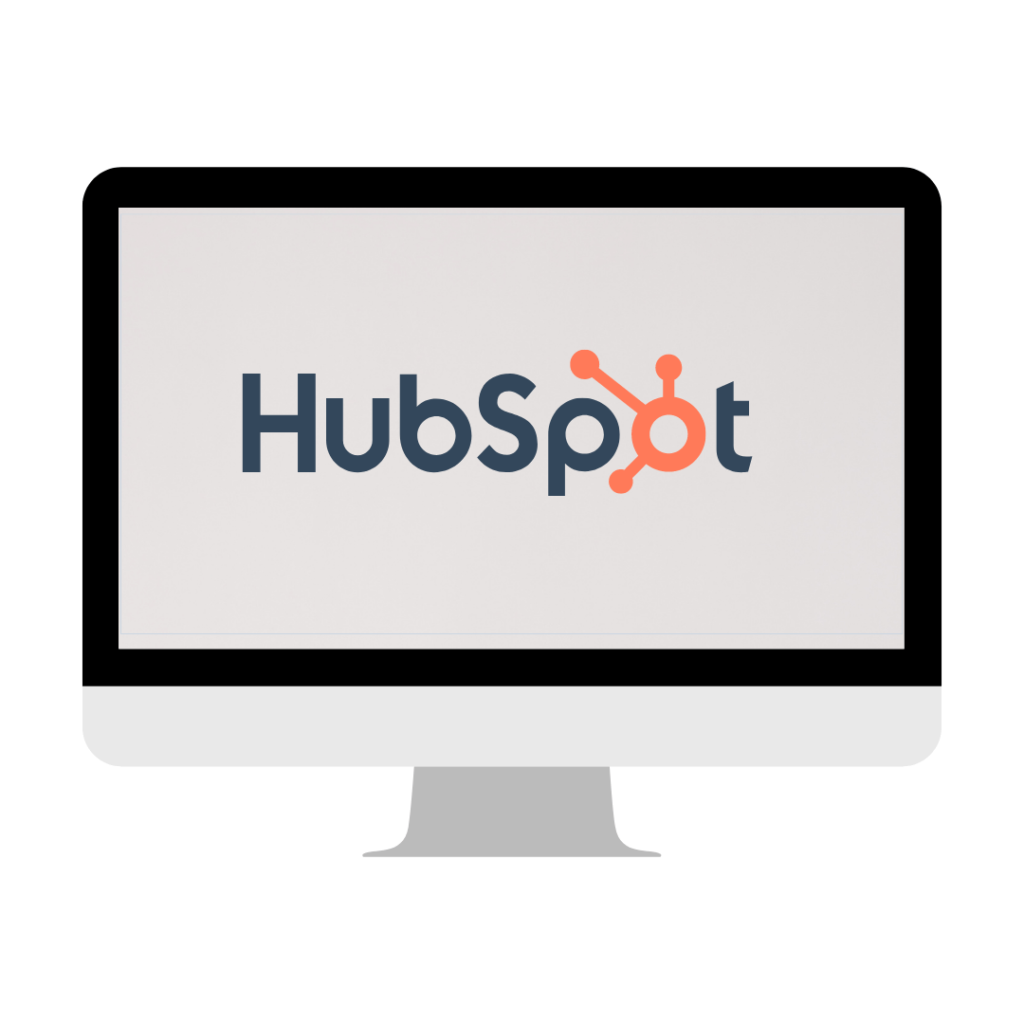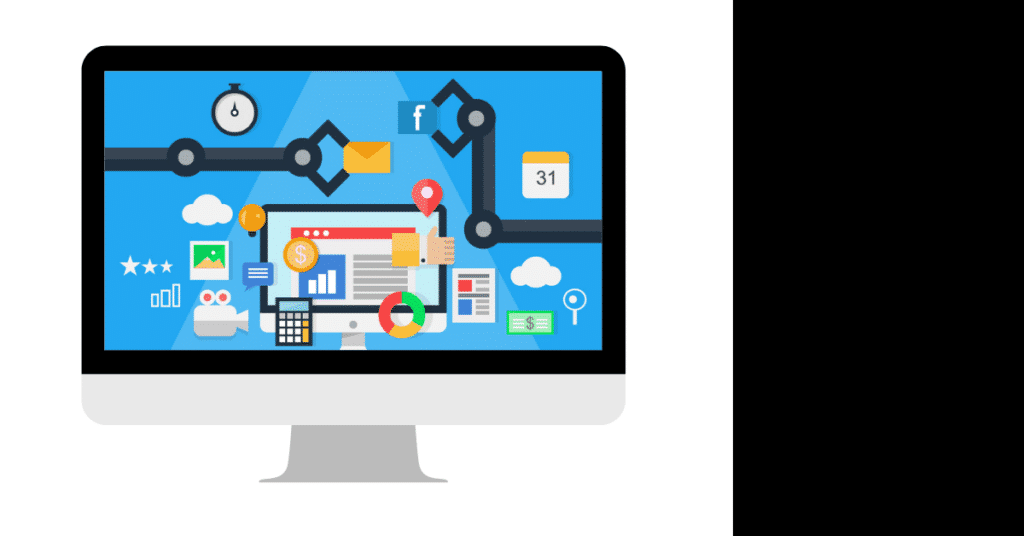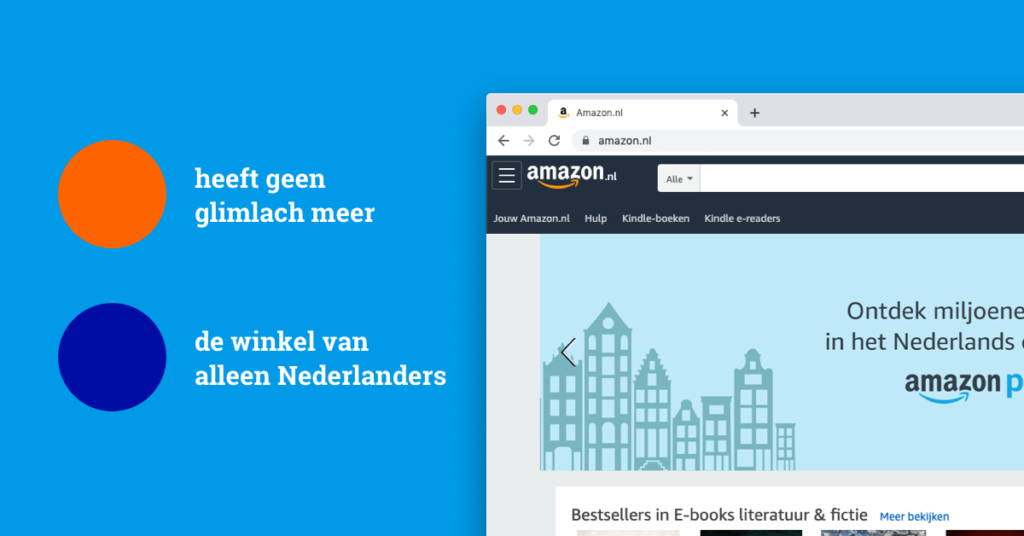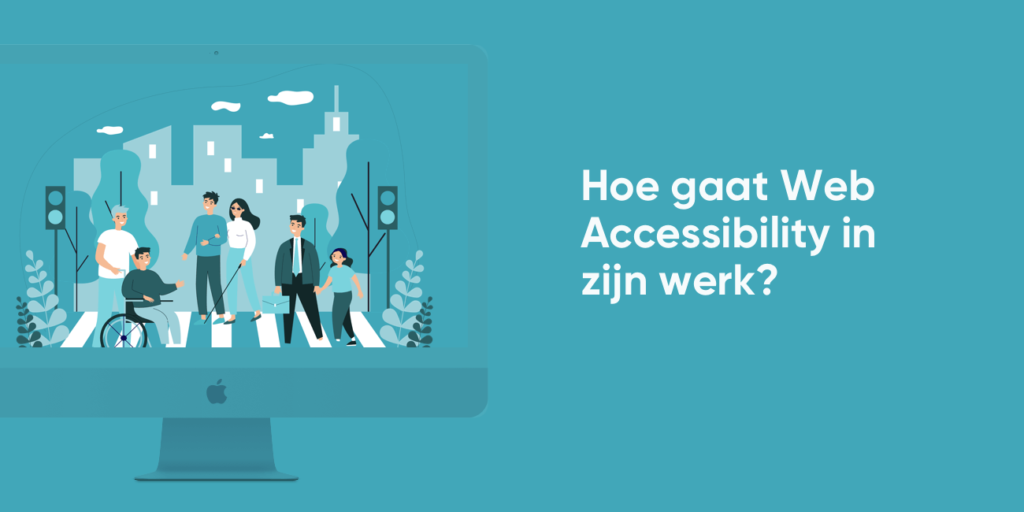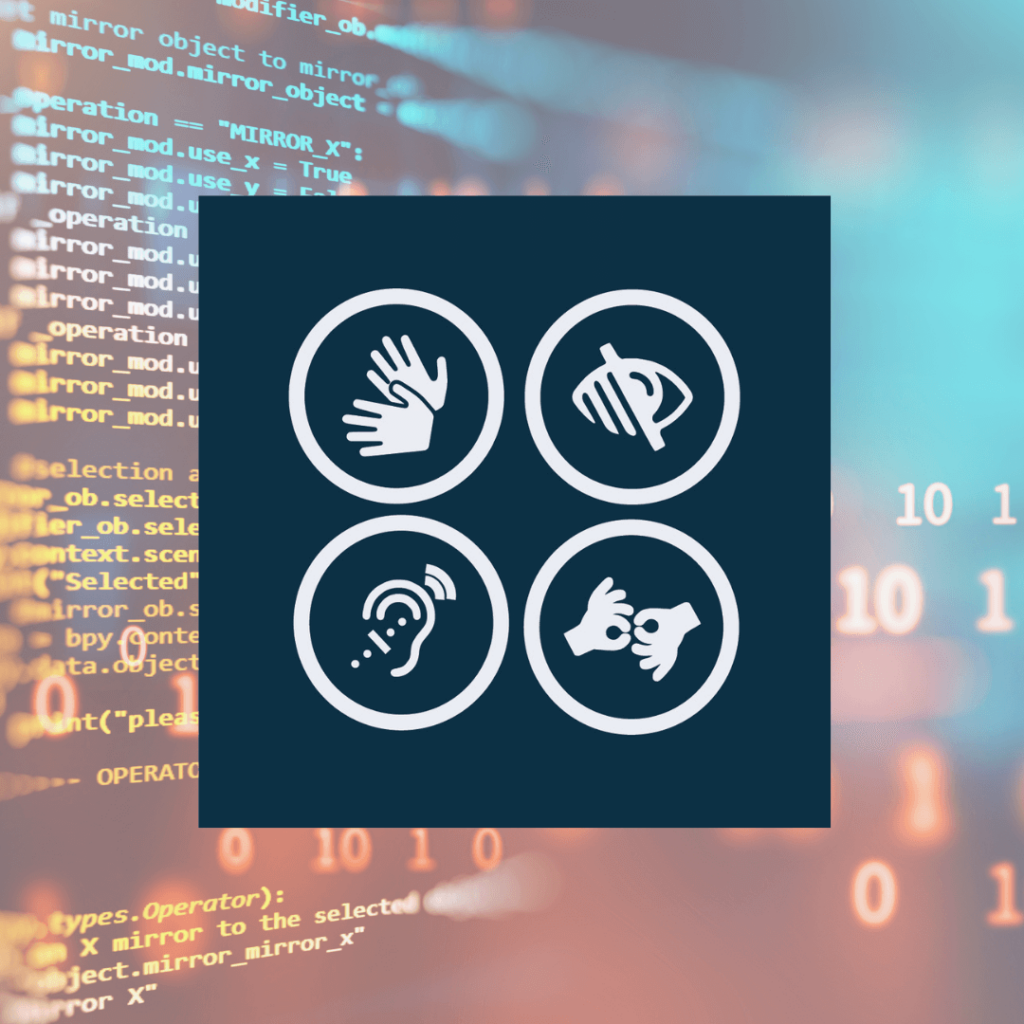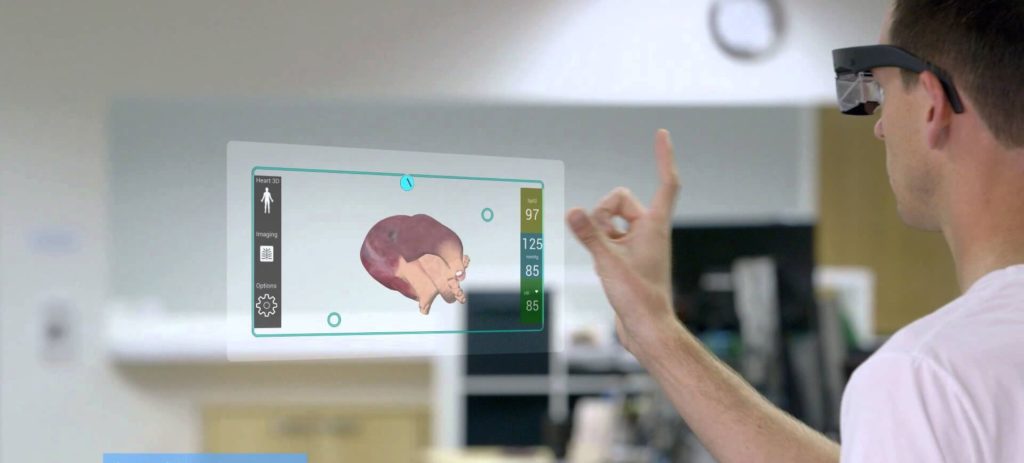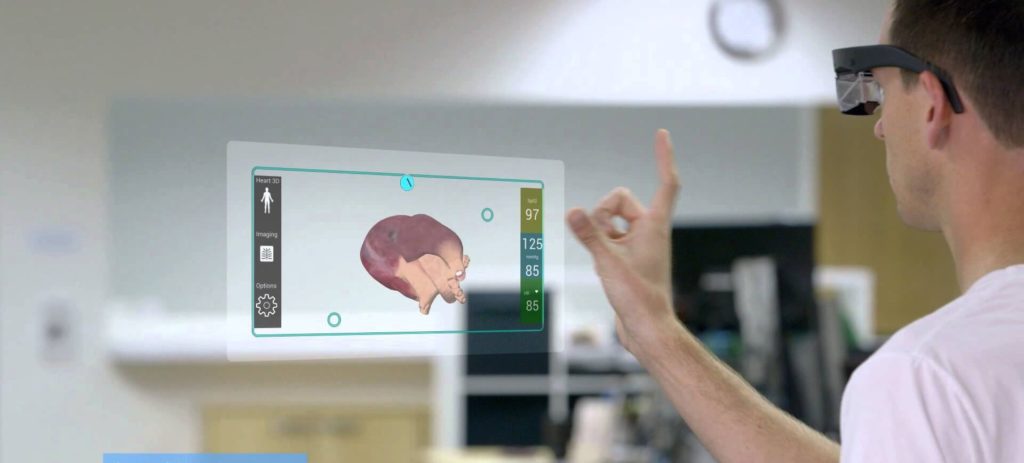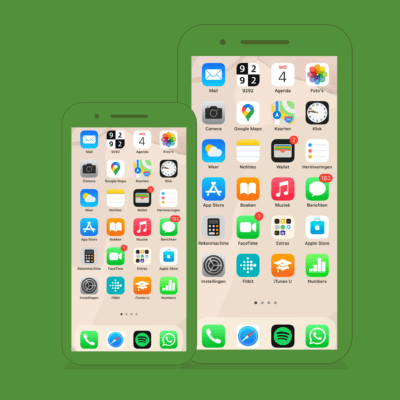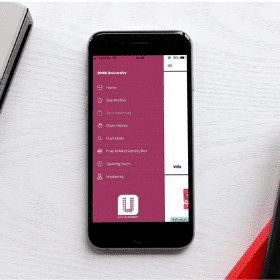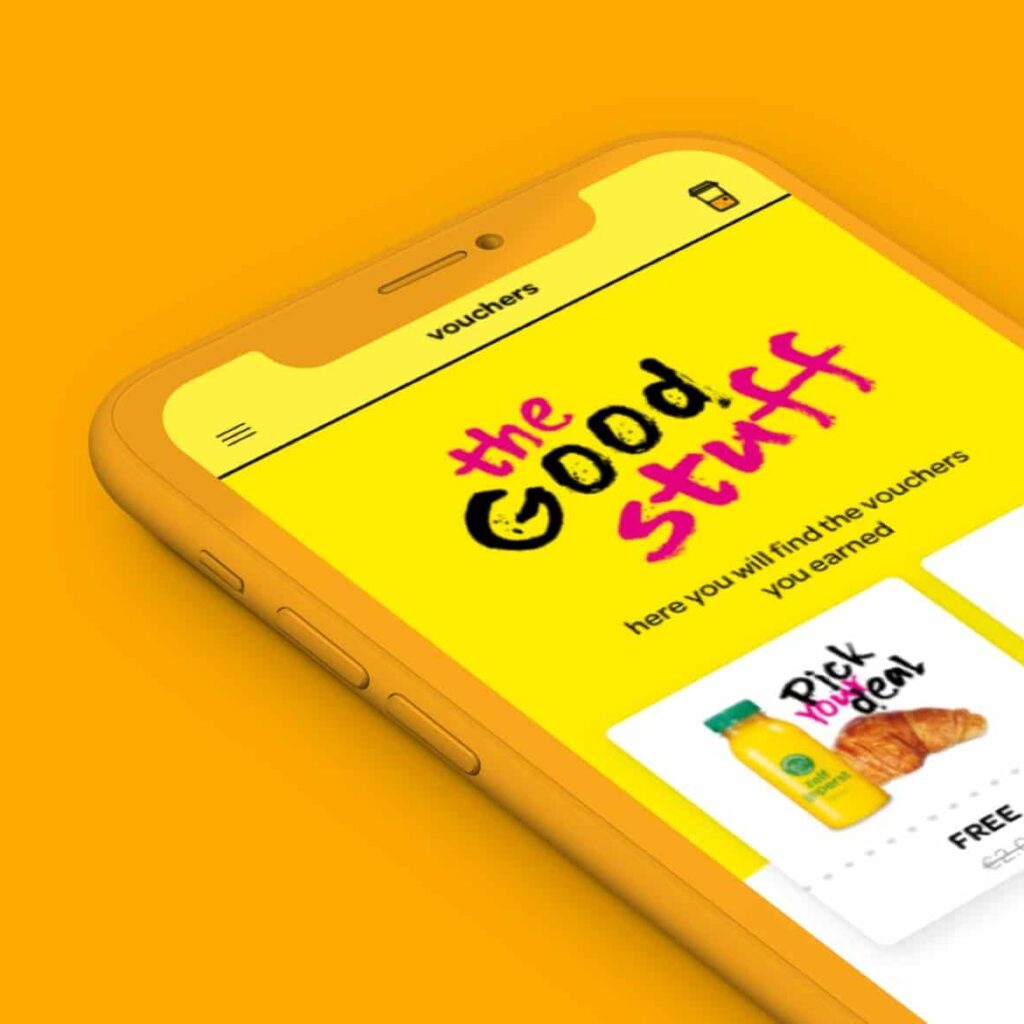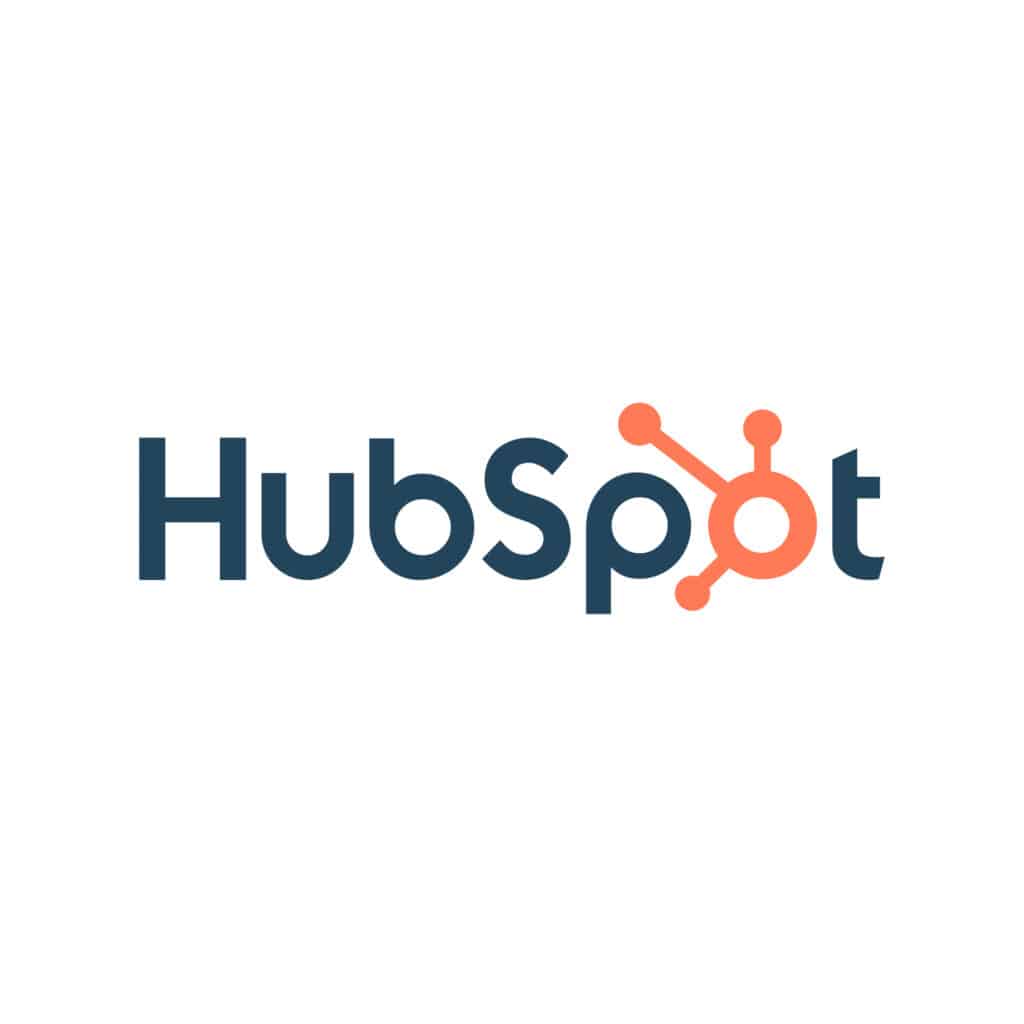The term API is very broad and unknown to many people. API stands for Application Programming Interface. In short, it is an interface that allows two applications or computer programs to communicate with each other. Everyone has to deal with it every day, because as soon as two systems are connected, an API is at work. For example, as soon as you open a news app, an API link ensures that the latest news is pushed to the app. But how exactly does an API link work and what is possible in terms of links and functionality?
APIs play an integral role in the online casino world, serving as the foundation for operators to create complex gambling platforms. Simply put, an API, or application programming interface, is a set of protocols, procedures, and tools for creating software and applications. It allows different software systems to communicate with each other and exchange data seamlessly. In the context of online casinos, APIs are used to manage the gaming process, obtain real-time results, support secure transactions, and personalize the user experience. They help to provide the best services
https://onlinecasinosbe.com/ to optimize, allowing users to enjoy a seamless and immersive gaming experience. From spinning the reels of a slot machine to dealing a hand of blackjack, every action you take on an online casino platform is facilitated by APIs. They are also the key to integrating various payment methods, allowing users to deposit and withdraw funds with ease.
How do APIs work?
An API is therefore a software interface that ensures that two applications, such as a CRM and newsletter software, can exchange information with each other. Based on a set of agreements, the API sends data from one application to another on request. The first APIs were already there in 2000, but they are becoming more and more popular. That's not surprising, when you consider that APIs give you a lot of options. You've probably used it often enough. APIs form the basis of websites where information from various other websites comes together, such as Thuisbezorgd.nl.
The API uses part of the code from the original program or website, such as the website of a pizza parlor or chip shop. This part of the code ensures that certain requests or questions can be asked from outside, for example by Thuisbezorgd.nl. The API translates those questions into code and forwards them to the website of the pizzeria or chip shop. The website in turn provides a response, consisting of the data that Thuisbezorgd.nl needs. The response is also returned encoded by the API. For example, information or functionalities can be made available to third parties via the API, in the example of home delivery.nl probably information about what is on the menu.
As soon as you find information from a certain website or program on another site or application, there is probably an API at work. This can be as simple in appearance as a Google Maps map on your website to indicate the location of your business.
Benefits
Such an API makes programming easier and faster. For example, if a developer develops an app with a dashboard on which you can see the traffic, he does not have to stand at the side of the road to count cars, but can retrieve data from Rijkswaterstaat via an API in his app. The possibility to use data from a third party, therefore, offers more possibilities and makes programming more efficient. And at a time when the demand for applications and websites is still increasing, efficient programming is a must.
But APIs don't just benefit programmers. It is also very useful within your company if you can easily transfer data from one system to another. This gives some companies the opportunity to better serve customers, for example by offering products from third parties. Think again of the example of Thuisbezorgd.nl or Flighttickets.nl. These APIs are driving growth in the number of potential customers of takeaways and airlines. After all, customers can now contact them via an additional website.
Also consider the benefits for your own administration. An administrative assistant will have to switch between CRM software, sales software and accounting software and may sometimes have to manually enter information from one program into another. With APIs, this process can be automated and that saves a lot of time. Think, for example, of linking your CRM with Mailchimp, as soon as your address list is always up-to-date. But much more is possible, for example via an AFAS link or a Exact Online link† For example, immediately link your webshop to Exact Online and automatically keep track of your company's orders and stock.
APIs are also necessary when using a headless CMS. The API then ensures that the content from the CMS appears on websites, apps and other display options. Read more about the benefits of a headless CMS here.
Features
In fact, the possibilities with APIs are endless. There are program-oriented links (Java APIs) and several web-oriented links, such as Simple Object Access Protocol (SOAP), Remote Procedure Call (RPC), and Representational State Transfer (REST). In total there are about 5.000 general Open APIs whose code can be used by everyone. For example, the Dutch government, CBS and the Koninklijke Bibliotheek make data available free of charge. In addition, there are also thousands of custom made APIs. Social Brothers often works with the API of Hubspot† The overview above shows which services we generally link with Hubspot.
Want to know more?
If you want to stay informed of developments, sign up for the newsletter. Check out our services page about the Exact Online link for more information about this.
Would you like to know what Social Brothers can do for you when linking your programs or website? Then contact us.






